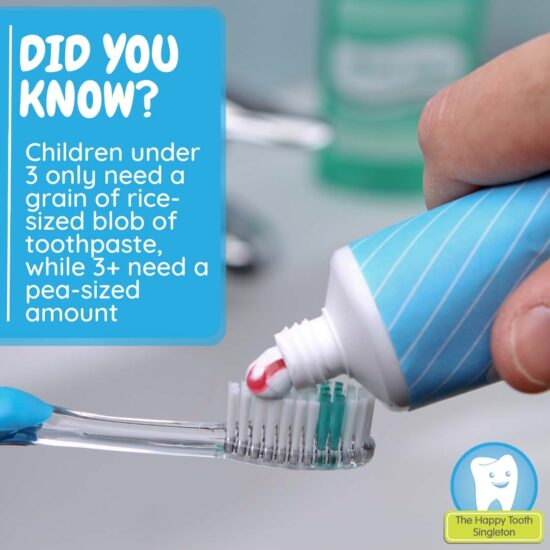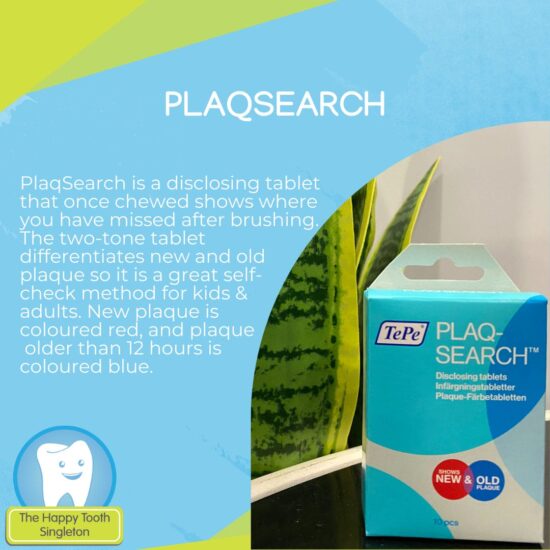Most people will experience the appearance or partial-appearance of their wisdom teeth by the age of 25. However, if you’re over the age of 25 and are yet to see yours, don’t worry! It’s not uncommon for some people to have only some of their four wisdom teeth appear, or sometimes none at all. Occasionally your wisdom teeth can stay under your gum line and are only visible in an X-ray.
Whether your wisdom teeth are visible or not, they can become problematic for your oral health. At The Happy Tooth, we’re here to help you. Our experienced dental team makes use of modern dental technologies and techniques to provide you with the most comfortable dental care possible. Our OPG and 3D X-ray machines allow us to accurately assess your wisdom teeth for treatment.
Our dentists are gentle and compassionate, taking the time to get to know you, understand your concerns and explain your options.
Why Wisdom Teeth Can Become Problematic
Most problems that wisdom teeth cause are because they simply don’t fit. Considering most wisdom teeth erupt after a person is done growing, the process doesn’t always go smoothly. When your wisdom teeth’s way out is obstructed, i.e. when there is not enough room in your mouth for them, they become what we refer to as “impacted”. This can result in them erupting at an angle, only partially erupting or even growing sideways.
Impacted wisdom teeth can be problematic. When your wisdom teeth are struggling to erupt, they may cause a lot of pain and discomfort. A partially erupted wisdom only comes part way through your gum. A flap of gum can remain covering the wisdom tooth which can trap food and bacteria under it. The trapped food and bacteria can increase your risk of tooth decay and gum disease. Impacted wisdom teeth are also known to lead to infections or cysts around the area.
Regular dental check-ups allow our dentists to track your oral health. They can monitor any changes to it as a result of your wisdom teeth. If your dentist feels that your wisdom teeth have the potential to cause you problems down the track, they will recommend their removal. There is, of course, the chance that you experience no pain or crowding and your wisdom teeth settle in happily.
The Process For Wisdom Teeth Removal
The process for wisdom teeth removal can vary from patient to patient depending on their circumstances.
A lot of wisdom teeth removals are simple enough to be done in the dental chair with the help of a local anaesthetic. However, if the position of your wisdom teeth or shape of their roots means your removal is more complex, your dentist may refer you to a specialist oral surgeon. In this case, your wisdom teeth removal would take place in a hospital as a day patient under general anaesthetic.
Before your dentist commences any part of the treatment, the area will be numbed with a local anaesthetic. This is irrespective of whether you undergo your wisdom teeth removal consciously or under sedation.
Often, you may need an incision in your gum to allow your dentist to access your wisdom tooth/teeth. Your dentist may also need to cut your wisdom teeth into smaller pieces to allow for easier removal. You might feel a little bit of pressure during this process, but you should feel little to no pain.
Your dentist will keep you updated every step of the way, so you always know what is going on.
Wisdom Tooth Removal Aftercare
Your dentist or oral surgeon will explain everything you need to know specific to your recovery after your wisdom teeth removal. This will be done before you undergo treatment, so you can prepare for a successful recovery period.
Wisdom teeth tend to be big teeth, so you may need a few stitches after they have been taken out if an incision was made. Your dentist will place gauze over the removal site and ask you to bite down on it to help stop bleeding. We recommend you try to bite down on the gauze for half an hour post-extraction.
Wisdom teeth removal can result in swelling and bleeding. Though this is usually only for the first few days and should gradually subside. Holding an ice pack to the outside of your cheek over the extraction site area for 15 minutes on and 15 minutes off will help reduce swelling and discomfort. Your dentist will be able to point you in the right direction of over-the-counter medication that can help with this too. In some cases, they may also prescribe you a course of antibiotics to avoid the risk of infection.
In the first 48 hours after your wisdom teeth removal, it’s essential to avoid the following activities:
- Rinsing your mouth or brushing your teeth
- Eating hard/rough foods that need chewing
- Drinking hot liquids like tea or soup (have them warm)
- Drinking alcohol or using tobacco products
- Exercising
Wisdom Teeth Removal FAQs
Our friendly front desk team is more than happy to answer any questions you may have. For quick reference, here are the answers to some questions about wisdom teeth removal that we get asked often:
Do we need wisdom teeth?
Nobody is entirely sure why we have wisdom teeth, as you do not need them. It has been suggested that they may be ‘leftovers’ from our ancestors who ate more raw foods, hard vegetables and leafy greens.
Does everybody have wisdom teeth?
Not everyone has wisdom teeth. Some people may get all four of them, whilst others may only develop one or two or none at all. Not developing wisdom teeth is nothing to be concerned about. Some would consider themselves lucky!
What preparation happens before a wisdom tooth removal?
To determine if your wisdom teeth need removing, our dentists conduct a thorough wisdom teeth assessment. They will take an X-ray to determine the exact size, angle and location of your wisdom teeth. They will also assess your medical history to mitigate any risks and complications.
How much does it cost to have a wisdom tooth removed?
The cost of your wisdom tooth removal is specific to your case. The cost can vary due to the position of your wisdom tooth and the complexity of removing it. For eligible health fund members, a portion may be covered, though this would depend on your level of cover. For more information on wisdom teeth costs, please contact us.
I’m nervous – what options are available for me?
At The Happy Tooth, we understand that wisdom teeth removal can cause worry for some patients. Rest assured knowing there are options for sedation when having this procedure. Depending on the number of wisdom teeth you need removing and the complexity of the removal, it may be done under happy gas, IV sedation or general anaesthetic.


